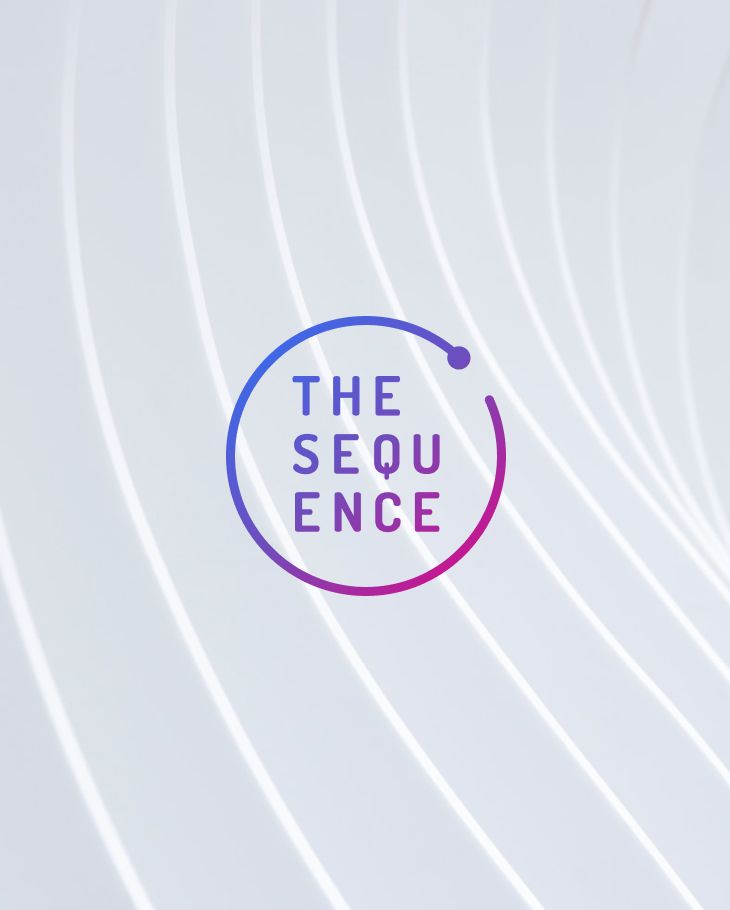The Sequence: Crowdsourcing natural language data
In this tutorial, leading researchers and engineers from Toloka share their unique industry experience in achieving efficient natural language annotation with crowdsourcing.




Overview
In this tutorial designed specifically for the readers of The Sequence, leading researchers and engineers from Toloka will share their unique industry experience in achieving efficient natural language annotation with crowdsourcing. We will introduce data labeling via public crowdsourcing marketplaces and present the key components of efficient label collection. Then, in the practice session, participants will choose one real language resource production task, experiment with selecting settings for the labeling process, and launch their label collection project on Toloka, one of the world’s largest crowdsourcing marketplaces. During the tutorial session, all projects will be run on the real Toloka crowd. We will also present useful quality control techniques and give the attendees an opportunity to discuss their own annotation ideas.
Topics
- Reasons for collecting and labeling data via crowdsourcing for SDC: pros & cons
- Key components of crowdsourcing for efficient data labeling
- Decomposition approach
- Performers selection and training
- Hands-on practice session: audio transcription
- Advanced crowdsourcing techniques: aggregation, incremental relabeling & pricing
- Example of how to aggregate crowdsourced texts using the Crowd-Kit Python library
Speakers
Organizers
Schedule
Part 0: Introduction
— The concept of data labeling via crowdsourcing
— Crowdsourcing task examples
— Crowdsourcing platforms
— Yandex crowdsourcing experience
Part I: Key Components for Efficient Data Collection
— The concept of data labeling via crowdsourcing
— Crowdsourcing task examples
— Crowdsourcing platforms
— Yandex crowdsourcing experience
Part I: Key Components for Efficient Data Collection
— Decomposition for effective pipeline
— Task instruction & interface: best practices
— Quality control techniques
Part II: Practice part I
— Dataset and required labels
— Discussion: how to collect labels?
— Data labeling pipeline for implementation
— You
» create
» configure
» run data labeling projects on real performers in real-time
Break
Part III: Advanced techniques
— Incremental relabeling
— Dynamic pricing
Break
Part IV: Practice part II
— Finishing up label collection
— Results aggregation
Part V: Conclusion
— Results of your projects
— Ideas for further work and research
— References to literature and other tutorials
— Q&A
Text Aggregation Example
We will share an example of how to aggregate crowdsourced texts using the Crowd-Kit library for Python.
Don't miss out
tutorials, and webinars.

